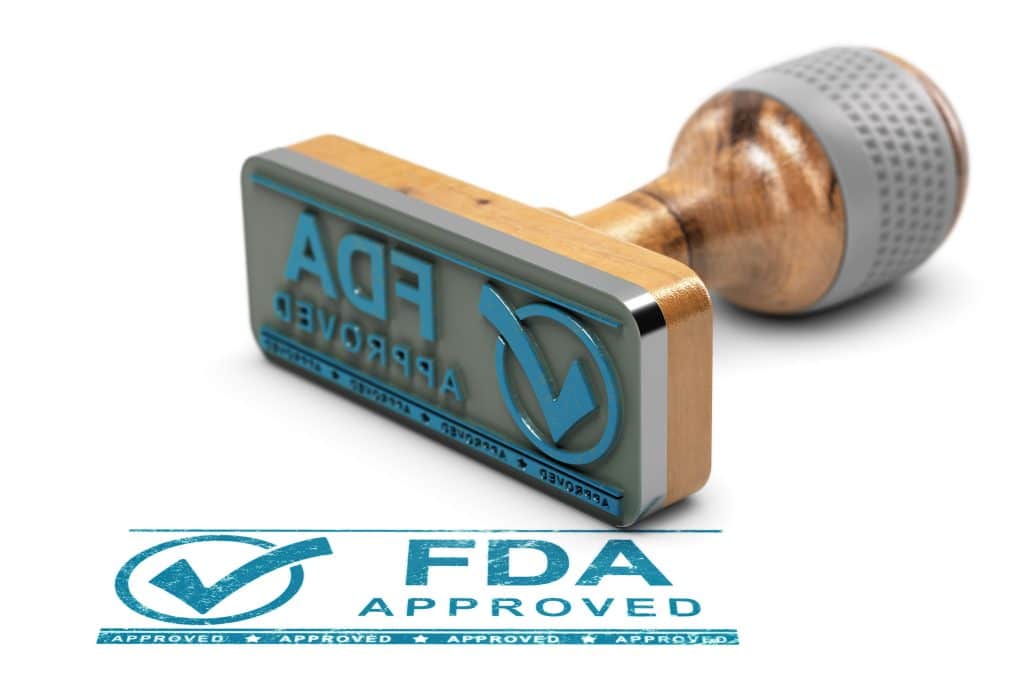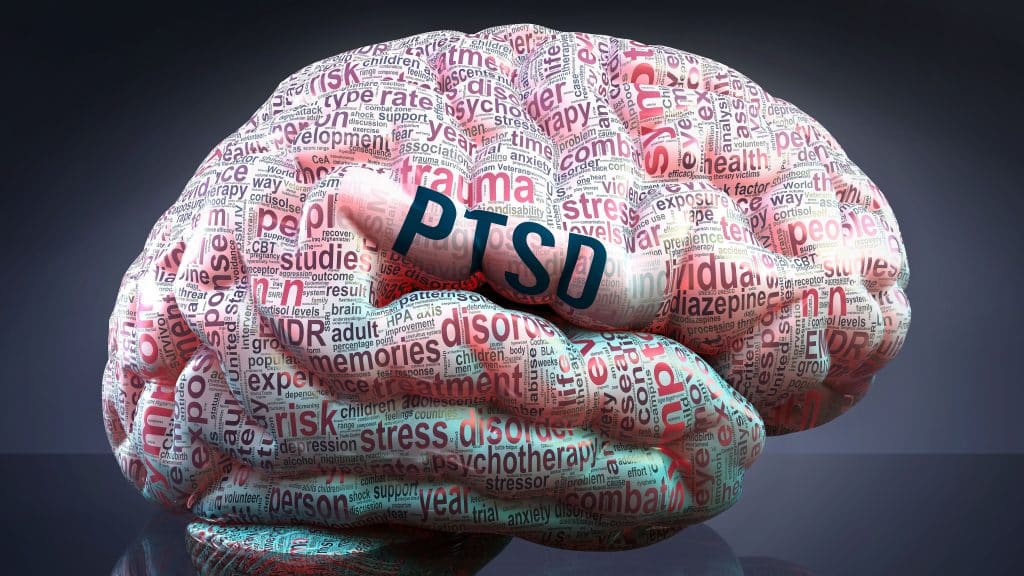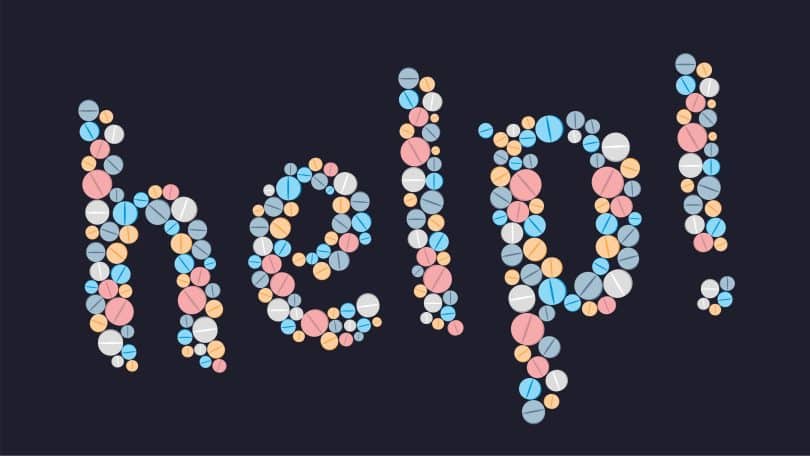It’s been a developing story for a few years now, which greatly picked up steam in the last couple years. The organization MAPS has been in the process of testing a new MDMA drug, and just reported successful results for its Phase III trials; although the official study has not been published yet. Should we expect a legal MDMA drug by year’s end?
News on the MAPS MDMA trials for PTSD
The first thing to know, is that the recently completed phase III trials (MAPP2) conducted by the organization Multidisciplinary Association for Psychedelic Studies’ (MAPS) for its experimental MDMA medication, are the second phase III trials completed for the drug in question. Though the official research report is not completed, and only expected to be published later in the year, the organization did release preliminary information on the successful nature of these second phase III trials.
The trials, which were done on 104 people with post traumatic stress disorder, support the organization’s new drug application, which was already filed with the FDA. Unfortunately, though the organization is letting us know that things went well, they really aren’t releasing anything more specific, leaving us to wait with baited breath, for the actual paper to come out.
What we do know is that the 104 PTSD participants were randomly assigned to one of two groups (one which got placebo, one which got MDMA), and underwent three preparatory sessions in which the therapists got to know the participants and their problems. After this, there were three experimental sessions in which participants in the experimental group got either placebo, or 80mg or 120mg of MDMA, which was followed 1.5-2 hours later by half the original dose. Each experimental phase lasted about a month, making for three months of trials. All experimental sessions were accompanied by therapy.
Thanks for hanging out with us. Check out the Cannadelics Weekly Newsletter to access direct updates; plus tons of promotions on cannabis flowers, vapes, edibles, smoking equipment, cannabinoid products (like HHC, delta-8), and a bunch more cool swag. The time is right: get stoned responsibly!
After each experimental session, the participant underwent an integrative session, in which they met with the therapist to go over the experience in the experimental session, in an effort to help the participant process and understand it. All of this, from the preparatory sessions, through the integrative sessions, lines up with the standard practice of psychedelic-assisted therapy, which originally began in the mid-1900s with drugs like LSD.
We know that the MDMA was well tolerated and that there were no serious adverse reactions. And we know this matches with the other phase III trials done by MAPS into this new MDMA drug. Yup, this is the second time that MAPS put its drug through phase III testing.
How drugs are approved
The standard practice for drug approval in the US involves a company submitting an application to the FDA. The application covers the study of a drug, the ability to conduct trials, and to transport the substance and do whatever else is necessary; this has greater importance when the particular drug of interest is scheduled in a way that makes it legally inaccessible without FDA consent. Then it goes through three phases of testing.
The first (phase 0 or phase I) is done on a small sample of people, and is meant to assess drug pharmacology and dosing. Then comes phase II which consists of way more people – in the hundreds, all who have whatever condition the drug treats. These trials are meant to establish how to dose the drug. Last, are phase III trials where even more people are tested – sometimes in the thousands, to establish how safe and efficient the drug is.
After trials are completed, the company can then file a new drug application with the FDA. The FDA then decides whether to approve the medication, or deny the application. Technically, submitting the application doesn’t mean that trials went well. And we know that there are holes in the operation because of how many approved drugs, get recalled for safety issues.
This is sometimes because the US allows drugs through that have not gone through this process. When it comes to what is deemed emergency use, signified by an ‘emergency drug application’ (EIND), the US allows a shorter application process. In this situation no final approval is needed, and treatment with the drug can begin upon application approval.

Think of corona and the vaccines that came out. There was never time for them to go through safety trials, which can take years; yet they were released. I’m not going to start an argument over whether that was necessary, but this is an important thing to understand. They absolutely did not go through safety testing. This is not even a debate, as the FDA doesn’t deny it.
The US also allows drugs to get through faster with an ‘orphan drug’ application. This is for drugs meant to treat people with little-known illnesses, for which there are only a small number of sufferers; with less likelihood of full clinical trials. In such cases, the number of patients with the condition generally numbers less than 200,000 in the US.
The other MAPS MDMA phase III trials
This approval process is important to look at, because MAPS therefore went above and beyond, doing two phase III trials on the MDMA drug, not just one. This is perhaps because it is an experimental medication for a drug that’s in Schedule I of the Controlled Substances list. And a second round works to more clearly show the positive effects of the drug, and the lack of worrisome side effects.
The first set of phase III trials were published here as MDMA-assisted therapy for severe PTSD: a randomized, double-blind, placebo-controlled phase 3 study. It was published in May 2021, though the original intended study description came out in 2018. The goal was to “test the efficacy and safety of 3,4-methylenedioxymethamphetamine (MDMA)-assisted therapy for the treatment of patients with severe PTSD, including those with common comorbidities such as dissociation, depression, a history of alcohol and substance use disorders, and childhood trauma.”
These phase III trials consisted of 90 participants, also randomly split into two groups, one which received the MDMA medication, one which received placebo. The Clinician-Administered PTSD Scale for DSM-5 was used to measure PTSD symptoms. The Sheehan Disability Scale was used to measure functional impairment. Participants were given a baseline assessment, and a second assessment two months after completion of the last experimental session.
According to results, “MDMA was found to induce significant and robust attenuation in CAPS-5 score compared with placebo (P < 0.0001, d = 0.91) and to significantly decrease the SDS total score (P = 0.0116, d = 0.43).” Investigators found that “At the primary endpoint, 67% of participants in the MDMA group no longer met diagnostic criteria for PTSD, compared with 32% of participants in the placebo group.”

As per the investigators “These data indicate that, compared with manualized therapy with inactive placebo, MDMA-assisted therapy is highly efficacious in individuals with severe PTSD, and treatment is safe and well-tolerated, even in those with comorbidities.” They continue, “We conclude that MDMA-assisted therapy represents a potential breakthrough treatment that merits expedited clinical evaluation.”
Does this mean legal medical psychedelics are coming?
Most likely yes. The fact that these trials were planned in conjunction with the FDA in order to clarify in advance that results would meet regulation, coupled with the fact that the FDA already gave this drug ‘breakthrough therapy’ status – something meant to get a drug to market faster; does indicate that something will be legalized soon. But that doesn’t mean a full legalization.
It doesn’t even mean a medical legalization across the board. In one of the US government’s great examples of contradictory behavior, it began legalizing cannabis medications back in 1985 with the approval of Marinol (dronabinol), followed-up by a DEA final ruling the next year to officially allow it. Yet it never made medical cannabis legal. For years now, it has been federally legal to access specific pharmaceutical cannabis medications, while medical cannabis itself it not legal.
So, no. That an MDMA drug will likely be approved soon – possibly by year’s end, doesn’t mean that MDMA will be legalized medically right now. But it could be. And we’re already watching the government run out its time on cannabis, essentially talking itself into a Catch 22 that must be attended to, what with a pardon but no legal change. At the very least, the same can be expected eventually with MDMA (and for that matter, psilocybin).
Add onto this that the DEA is requesting an increased amount of MDMA production for research purposes for 2023, and it definitely seems like something is on the way. Every year the DEA presents quota numbers for the amount of different drugs that can be produced yearly for medical/research purposes. The DEA originally was going to ask for 8,200 grams, but after a comment period, upped the number to 12,000 grams. Both numbers are a large increase from the two previous years, in which the DEA set the quota at 3,200 grams only.
Conclusion
2023 should be an interesting year when it comes to drug approvals. Not only is cannabis about to get some kind of full country consent, but it looks like subsequent to the MAPS successful 2nd phase III trials into MDMA, that we might see laws change for that drug too.
Welcome readers! We appreciate you joining us at Cannadelics.com; our independent news site geared toward bringing you the best in cannabis and psychedelics reporting. Come by frequently to get your regular dose of industry news, and subscribe to the Cannadelics Weekly Newsletter, to ensure you never miss a single thing.









